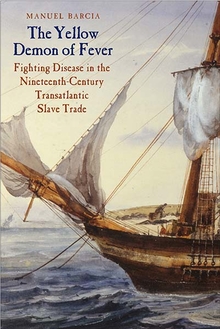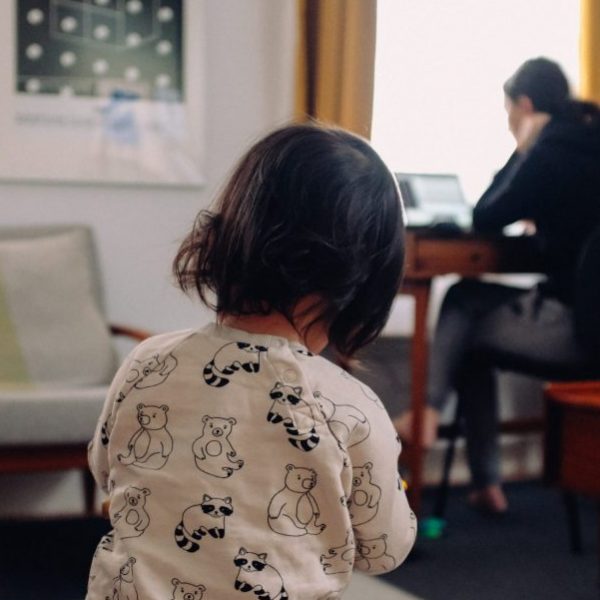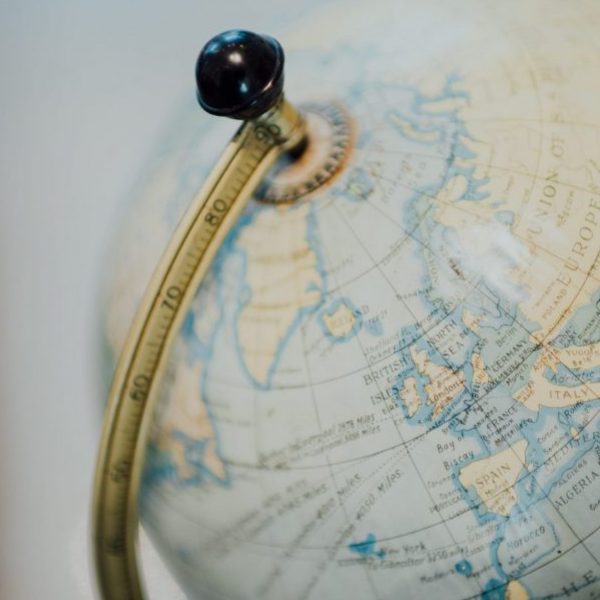Social Control, Political Power, and Epidemics
Manuel Barcia—
I should probably begin this blog with a confession. A couple of days ago, when I started writing it, I had a very appropriate and colourful anecdote taken from a nineteenth-century document to begin my text. However, something rather unexpected happened between the moment those lines were written and now. In what I can only refer to as an imprudent and badly advised move, US President Donald Trump decided on April 15 to stop US funding for the World Health Organization (WHO), the international body in charge of coordinating the global fight against COVID-19. Inevitably, comparisons came to mind—comparisons between the ways in which international efforts to fight back against infectious diseases in the nineteenth-century Atlantic world were carried out and the ways in which they are implemented today. As it happens, in a world in which human trafficking was at the center of international politics, the sharing of medical ideas, practices, and commodities was perhaps the one thing that brought together slave traders, those they enslaved, and those, like the British Royal Navy, who were committed to end its inhuman traffic.
Even archenemies like anti-slave trade patrols personnel and slave traders had the presence of mind to understand that epidemic and endemic diseases were a common enemy that required nothing less than a joint response. There are numerous cases in which slave traders learned of new methods to treat fevers or dysentery from the very Africans they were uprooting from their homes and families, and many others in which anti-slave trade patrol officers and surgeons confessed to have learned about medicinal plants and therapies from both slave traders and enslaved Africans. The last thing in the minds of British, French, or American officers and surgeons posted at anti-slave trade stations and vessels was to dismiss the potential contribution of their slave trading enemies or of the Africans they looked upon as inferior beings. They, unlike some world leaders today, could understand that the stakes at play were much too high.
Epidemics, and especially pandemics, are often transnational affairs that do not respect borders. No nation on earth can pretend to have the means to beat a pandemic like COVID-19 without collaborating with other countries, especially as this struggle requires morbidity and mortality rates to diminish across the world to the point to which re-infections through international travel can be kept under control. Equally, the economic impact of defunding a body like WHO, can be significant for the entire world, including the United States.
To be sure, the same fears, anxieties, blame-games, and political point-scoring that we are seeing today were to some extent a recurring feature of the struggle against epidemics in the nineteenth-century Atlantic world. Epidemic diseases were often considered as anthropoid entities, with demon- or animal-like attributes, which included their abilities to mutate and to stalk their preys. Throughout the nineteenth-century yellow fever was frequently depicted as a demon, just as COVID-19 has been portrayed by President Xi of China and by many others across the world.
Fighting an invisible foe that can hijack one’s body in a matter of hours or days also produced borderline panic discourses and social practices that were meant to reassure people that their leaders were in control. In many ways little has changed today. Quarantines are a classical example of these double-edged measures. While effective to a certain extent when dealing with some diseases, they can be completely useless while dealing with others. However, what they never fail to do is to allow those in power to redefine social mobility and interactions, and to grant extraordinary powers to those who implement them.
The parallels between the nineteenth-century Atlantic and the current historical moment do not stop there. Every new, disconcerting, and lethal disease creates certain markers. Hospital ships, isolationism, trial-and-error methods, and the improvised mass burial grounds that shadow every epidemic are all markers that appeared in the nineteenth-century Atlantic. These same markers are now becoming more familiar as COVID-19 leaves destruction and death in its wake. Each and every one of those markers have been transnational by nature.
Our nineteenth-century predecessors understood this aspect of epidemic disease quite well. Unfortunately, Trump’s decision to defund WHO shows that not all of us understand it today, two centuries later. This reckless politically motivated decision is nothing but another tragedy on top of the tragedy that COVID-19 already is. If our ancestors on both sides of the holocaust that was the transatlantic slave trade were able to put aside their differences to share knowledge and even to work together, so should the leaders of the richest nations in the world today. There is no single reason, no valid excuse, not to do so.
Manuel Barcia is chair of global history at the University of Leeds and a recipient of the Philip Leverhulme Prize in History. He lives in Leeds, UK.
Further Reading:



























